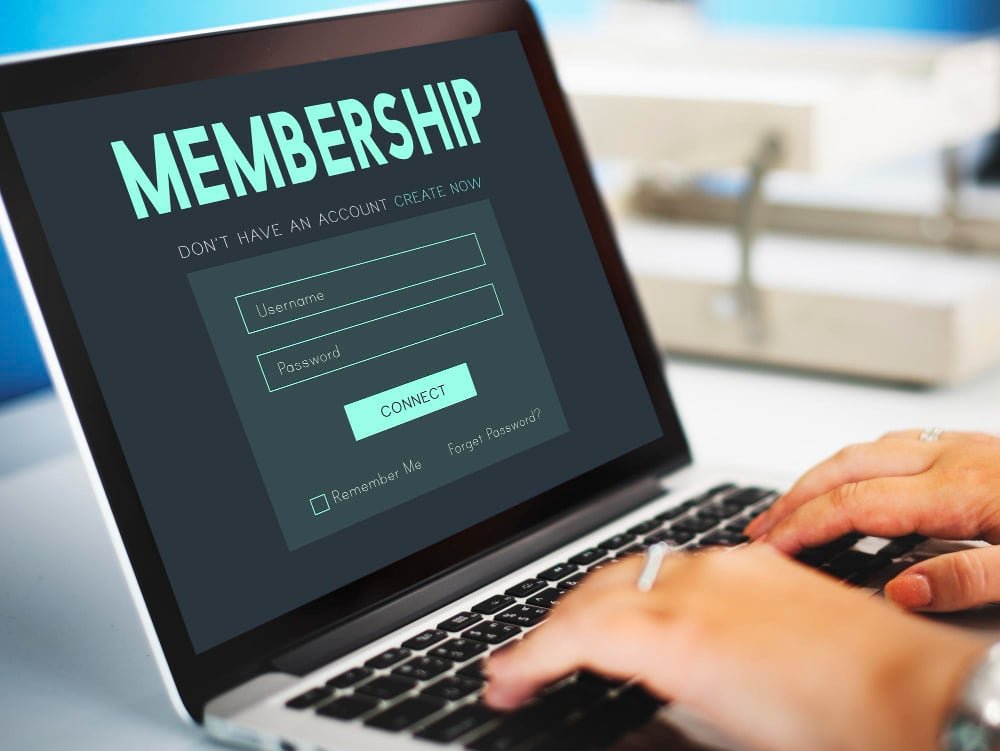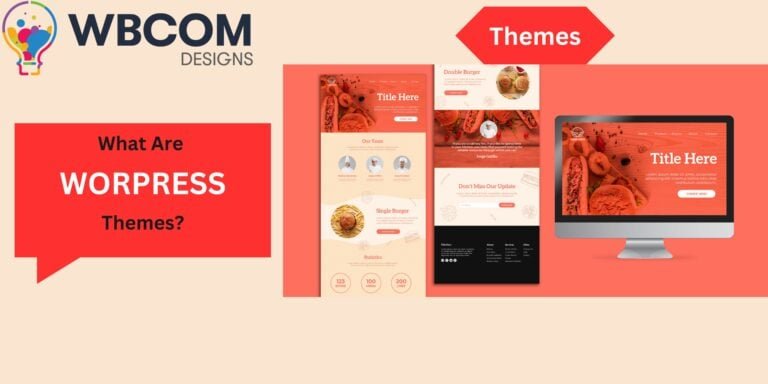After successfully establishing and nurturing a vibrant online community with substantial members and active engagement, what’s the next step? Monetize your online community and make your dream true.

An online community serves as a valuable resource for both your business and its audience. It offers a platform for individuals to connect, exchange ideas, foster relationships, and glean insights from each other. Moreover, it presents a unique opportunity to expand your business reach, attract prospective customers, and develop an additional avenue for revenue generation.
Table of Contents
ToggleAre You Ready To Monetize Your Online Community?
If you’ve just launched your community, it’s essential to hold off on introducing paid memberships immediately. Before considering monetization through membership fees, it’s vital to establish a substantial and engaged user base. A sparse or inactive community can deter potential members from investing in access, especially if they anticipate limited interaction.
Our recommendation is to prioritize growing your complimentary community, aiming for around 50 engaged members, before contemplating any monetization strategies. Beyond sheer numbers, the active participation and contribution of members to discussions are equally crucial for the community’s vibrancy and perceived value.
Why do Community members give you their money?
If the community consistently provides valuable content, resources, or exclusive insights that members can’t easily access elsewhere, they may see the value in supporting the community financially to maintain its quality and growth. If members feel a strong sense of belonging and alignment with the community’s mission or goals, they might be motivated to financially support initiatives that further those objectives.
Some members might be motivated by the status or recognition associated with being a paid member, which can be highlighted through badges, special roles, or acknowledgment within the community.
To encourage members to invest their time, attention, and eventually their resources, it’s crucial to create an exceptional community experience. Aim to provide consistent, high-value, and exclusive content that resonates with their interests and needs.
If you don’t know how to build a community website where you can monetize so read this blog: Build online community
Ideas to Monetize Your Online Community
Once you’ve established a thriving community with a substantial member base, robust engagement, and build trust among members, it’s an opportune moment to explore monetization strategies that benefit both you and your community.
Now, let’s delve into some strategies to generate revenue from your online community:
1. Membership Subscriptions

A direct approach to monetizing an online community involves implementing a subscription model and forming a paid membership platform.
Implementing a membership fee is a strategic approach to monetizing an online community. By charging a membership fee, community organizers can ensure a consistent revenue stream that supports the platform’s maintenance, growth, and enhancement. This fee can be structured in various ways, such as monthly or annual subscriptions, tiered membership levels with varying benefits, or one-time access fees for specific resources or events. Additionally, a membership fee can enhance the perceived value of the community, attracting more committed and engaged members who are invested in the platform’s success.
A highly effective approach is to develop and market online courses, digital resources, and coaching programs within your flourishing online community. By integrating these offerings, members gain direct access to valuable content tailored to their interests, enhancing their overall experience. Simultaneously, this strategy provides an additional avenue for monetization, allowing you to leverage your expertise and content to generate revenue.
Here are the top tools to build a membership platform
2. Sponsored Content

One effective strategy to monetize your online community is through sponsored content. By collaborating with brands or businesses that align with your community’s interests and values, you can feature sponsored articles, videos, or posts within your platform. These collaborations not only provide a source of revenue but also offer valuable content and insights to your members. However, it’s crucial to ensure that sponsored content is relevant, authentic, and clearly disclosed to maintain trust and transparency within the community.
When your community reaches a substantial size, incorporating sponsored content can be a lucrative alternative to traditional Adsense advertisements, offering a more seamless user experience. This approach grants you the autonomy to select suitable companies for promotion within your audience and determine your preferred pricing structure.
3. Affiliate Marketing

Incorporating affiliate marketing within your community can be a valuable monetization strategy. By partnering with relevant brands or services, you can promote their products or offerings to your members through specialized links. When members make purchases via these affiliate links, you earn a commission, creating a mutually beneficial arrangement. However, it’s essential to maintain transparency by clearly disclosing affiliate relationships to your community, ensuring trust and authenticity in your promotional efforts.
4. Virtual Events and Workshops
Hosting virtual events and workshops within your online community presents a promising avenue for monetization and engagement. By organizing exclusive webinars, seminars, or training sessions featuring industry experts or community leaders, you can offer valuable insights and networking opportunities to members for a fee. These virtual gatherings not only generate revenue but also foster community growth, knowledge sharing, and member interaction. Proper promotion, content curation, and seamless event management are essential to ensure the success and value of these virtual engagements.
5. Sell Digital Products
Selling digital products is a lucrative strategy to monetize your online community. By creating and offering digital products such as e-books, guides, templates, software, or online courses tailored to your community’s interests and needs, you provide tangible value to members. These digital offerings can be promoted and sold directly within your platform, allowing for a seamless user experience. Additionally, the scalability of digital products enables you to maximize revenue potential while delivering valuable resources that enhance member engagement and satisfaction.
There are various types of digital products that you can sell within your online community, tailored to cater to the interests and needs of your members:
- E-books and Guides
- Online Courses and Training Programs
- Templates and Tools
- Digital Art and Media
- Webinars and Masterclasses
- Mobile Apps and Extensions
When selecting digital products to sell, consider your community’s preferences, expertise areas, and the value proposition that resonates most with your members to ensure successful monetization and engagement.
Read for Types of Digital Products Perfect for Online Selling
6. Consulting and Services
Offering consulting and specialized services within your online community can be a strategic approach to monetization. By leveraging your expertise, skills, or industry insights, you can provide personalized guidance, solutions, or advice to members seeking targeted support or mentorship. These consulting services can range from one-on-one sessions, group workshops, strategic planning, or specialized training tailored to the unique needs and challenges of your community. Additionally, integrating consulting packages, service offerings, or premium support options can enhance the perceived value of membership, attracting members willing to invest in personalized solutions and expertise within the community ecosystem.
7. Merchandise
Designing and selling branded merchandise offers a multifaceted approach to community engagement, brand visibility, and monetization. By creating apparel, accessories, or other tangible items emblazoned with your community’s logo, slogans, or distinctive designs, you foster a sense of belonging and pride among members. These products not only serve as wearable or usable symbols of community affiliation but also act as organic marketing tools, extending your brand’s reach and recognition beyond the digital realm.
Moreover, branded merchandise connects to your community’s identity and culture, allowing members to showcase their association and loyalty. This emotional connection can deepen member engagement, encourage user-generated content (e.g., photos, testimonials), and foster a community-driven marketplace where members actively promote and endorse your products.
Conclusion
Building and nurturing an online community is a dynamic endeavor that goes beyond mere digital interactions; it fosters connections, knowledge sharing, and collective growth. As the community evolves and thrives, the potential for monetization emerges as a strategic opportunity to sustain its momentum and enhance its offerings.
From implementing membership subscriptions and developing digital products to hosting virtual events and collaborating with brands through sponsored content, there’s a plethora of strategies to explore. However, the key lies in balancing monetization with maintaining the community’s integrity, trust, and value proposition.
Interesting Reads:
Welcome Message and Onboarding Pop-up Templates for New Community Members
How To Create An Online Private Social Network For Photographers?
Top Sites Like AliExpress for Dropshipping in 2024: The Best Alternatives






